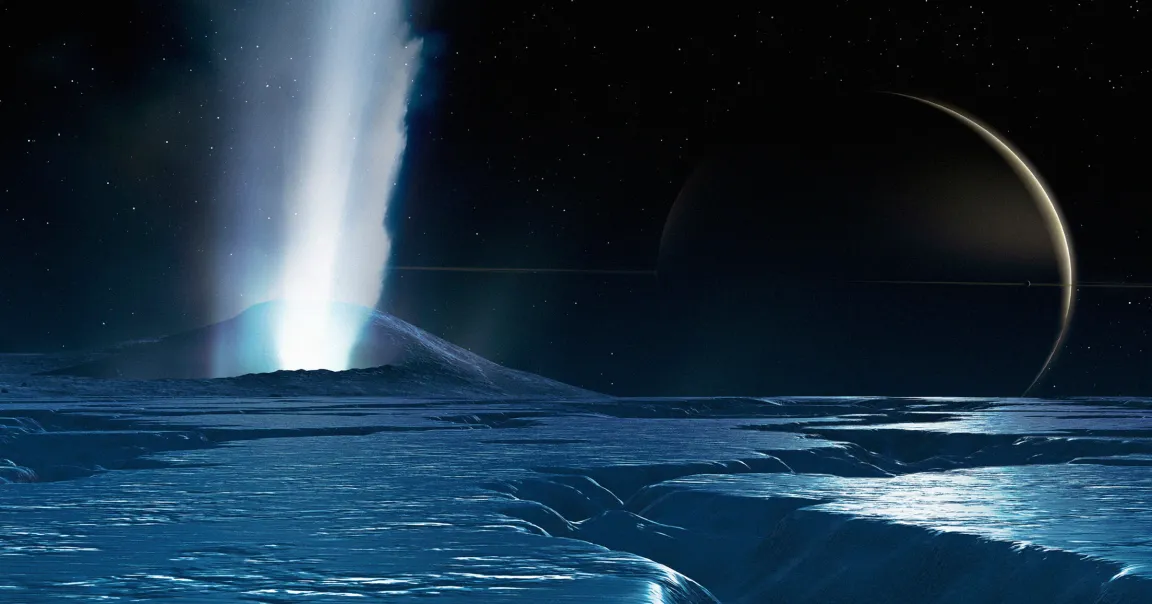
Astronomers have found that Saturn’s moon, Enceladus, is spewing out copious amounts of complex organic molecules, suggesting it’s an even more promising place to look for extraterrestrial life than previously thought.
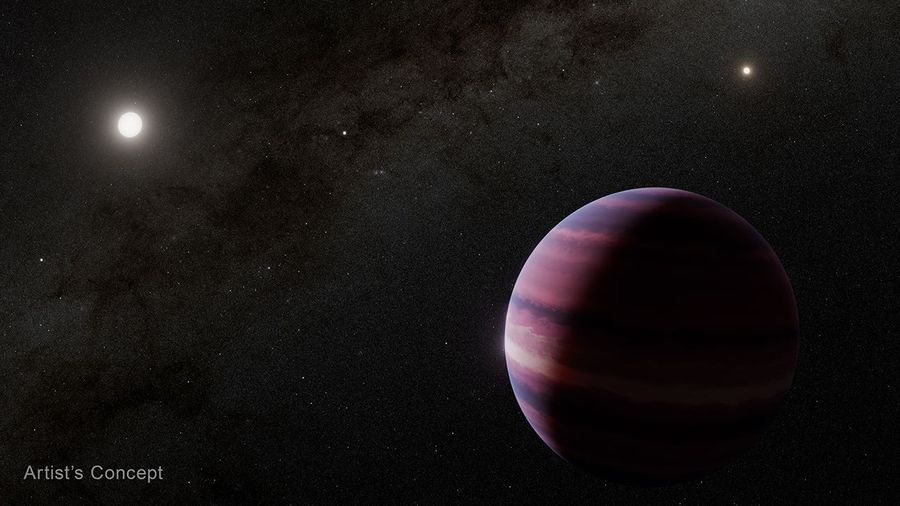
Astronomers using NASA’s James Webb Space Telescope have found strong evidence of a giant planet orbiting a star in the stellar system closest to our own Sun.

The JWST shows that ice on Europa is developing at different rates in different places, such as Tara Regio, where crystalline ice (lighter colors) is found on the surface as well as below the surface.

New research suggests that Jupiter used to be at least twice as big as it is today . Over time, the bloated world cooled off, contracting to the relatively humbler size it is today.

Now, the unique capabilities of the NASA/ESA/CSA James Webb Space Telescope are providing new insights into the Jovian aurorae.
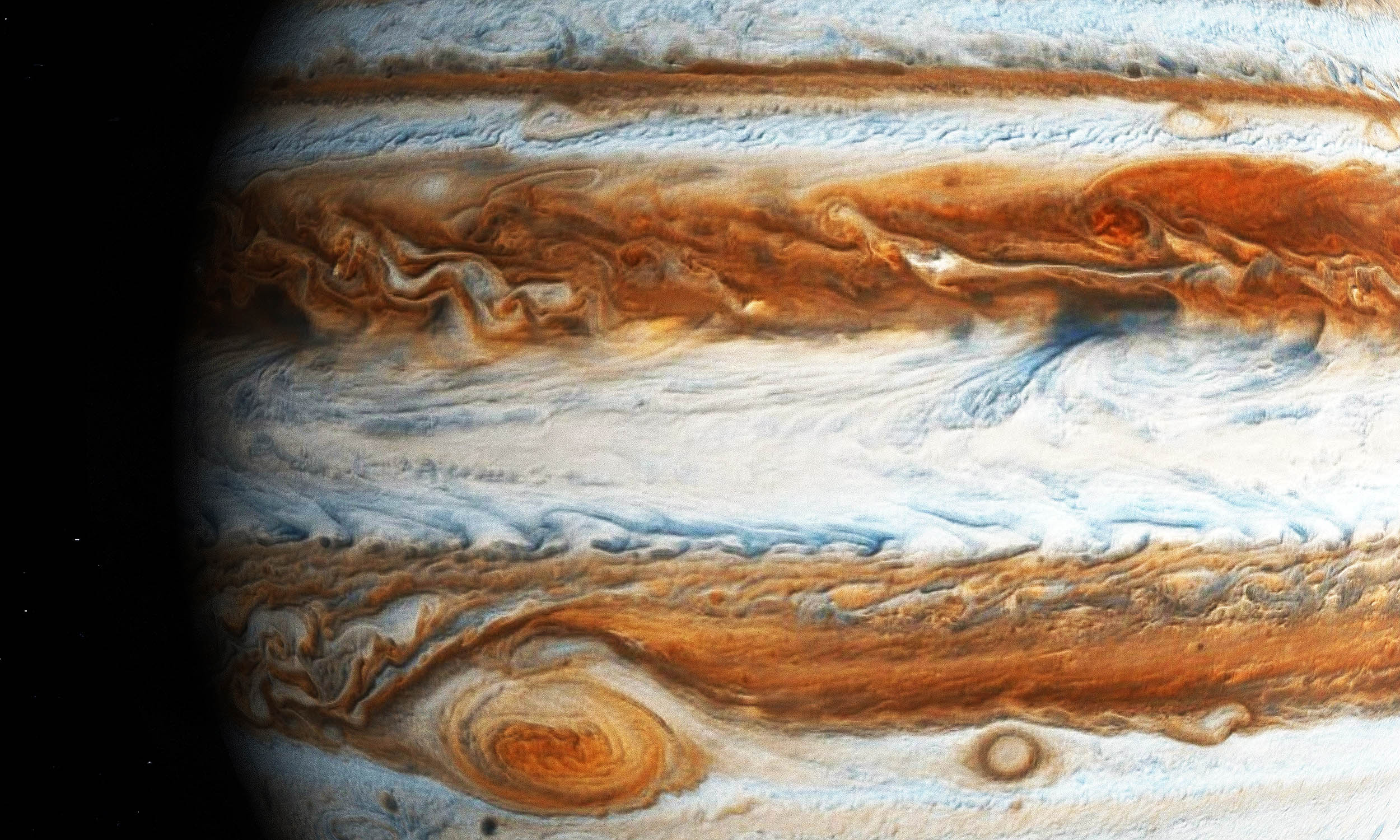
Slushy hail, made of water and ammonia, may form during lightning-packed storms, giving researchers fresh clues about what lurks beneath the planet’s colorful cloud tops.
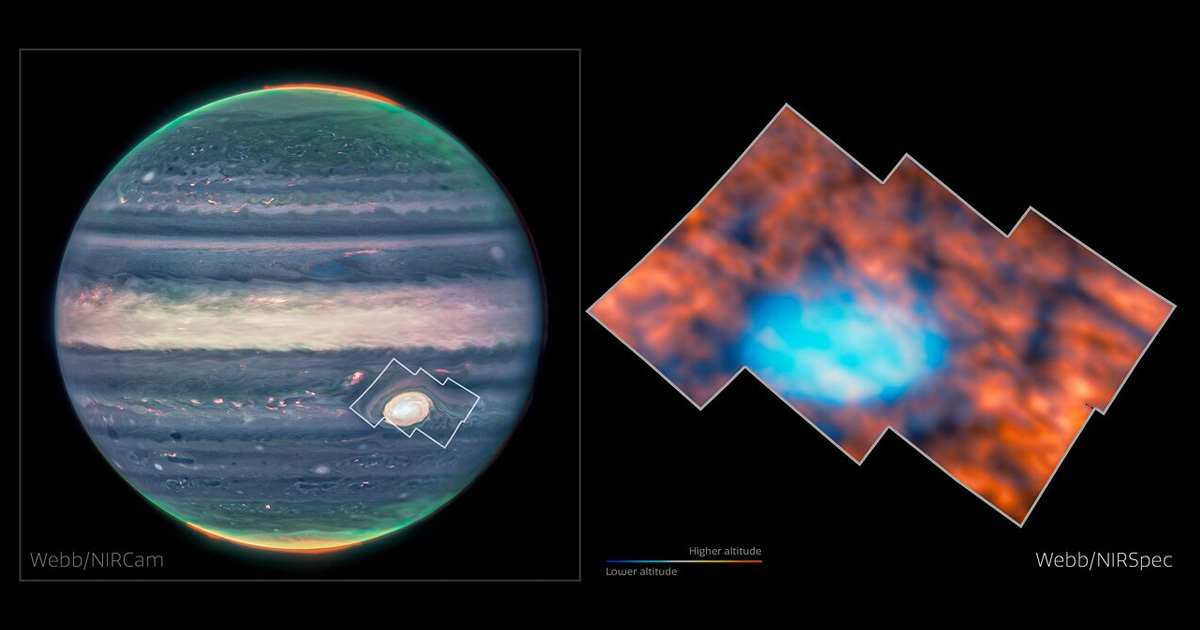
The glow above the Great Red Spot on Jupiter has recently been discovered and the researchers suspect that something else altogether is causing it - powerful gravitational interactions rarely seen on Earth.
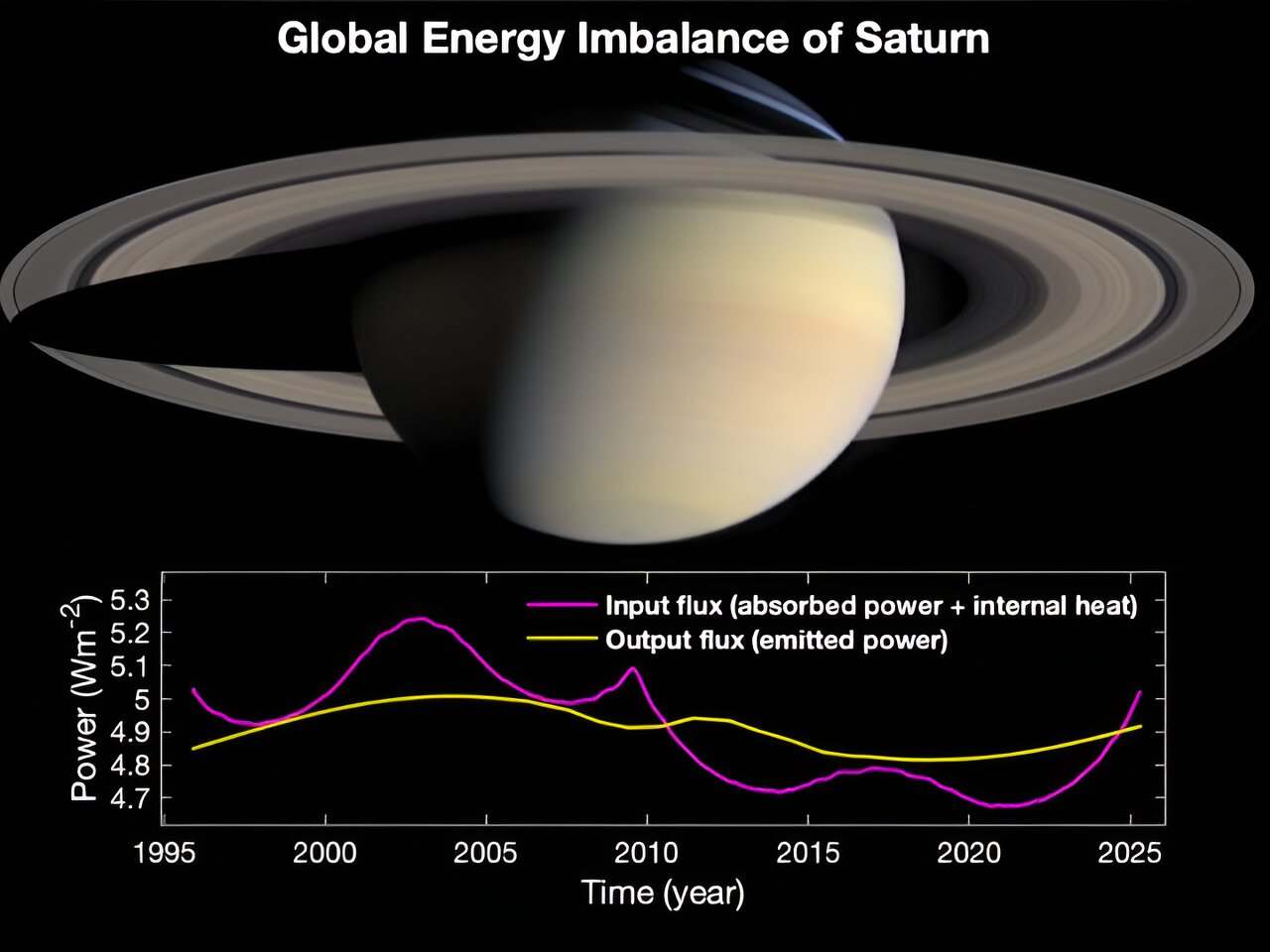
The imbalance is due to Saturn's large orbital eccentricity, resulting in huge seasonal variations in absorbed solar energy.

An international team of researchers has gained new insights into the formation of diamond rain on icy planets such as Neptune and Uranus, using the X-ray laser European XFEL in Schenefeld.

Exoplanet WASP-193b, is nearly 50 % bigger than Jupiter but it's so light and fluffy that its overall density is comparable to that of cotton candy. It's just a hair over 1% of the density of Earth.

NASA's Juno spacecraft orbiting Jupiter frequently encounters giant swirling waves at the boundary between the solar wind and Jupiter's magnetosphere.

NASA recently released a stunning new image of Saturn, depicting the planet's rings shining brightly against the blackness of space. The powerful space telescope has now captured all four gas giants in our solar system.

A gas giant exoplanet 634 light-years away has a quirk in its atmosphere that suggests it may have swallowed a smaller world.

The core mass of the giant exoplanet WASP-107b is much lower than what was thought necessary to build up the immense gas envelope surrounding giant planets like Jupiter and Saturn.